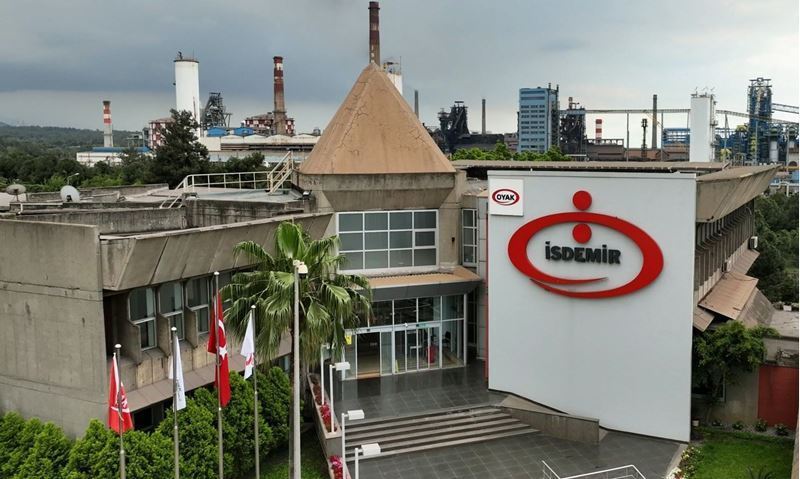The Moscow Exchange and the National Clearing Centre (NCC), which is part of it, have been placed under US sanctions prohibiting dollar trading. As the NCC is the key registration centre for foreign exchange transactions in Russia, the Moscow Exchange was forced to suspend trading in the dollar and all other foreign exchange instruments on all markets.
As of 13 June, trading in currency pairs including the Euro, the US dollar and the Hong Kong dollar, as well as all instruments with settlements in dollars and Euros on the stock exchange, money market, SPFI and precious metals market was suspended. Settlements on the futures market for foreign exchange contracts will be made using the exchange rate published by the Bank of Russia on the date of the transaction or the next day, depending on the relevant instrument. The Bank of Russia will determine the exchange rate with the participation of the US dollar and the euro.
Experts predict that the sanctions could lead to significant consequences for the Russian economy. Due to the inability to settle foreign trade transactions in dollars and euros, the risk of collapse of exports and imports in the next six months will increase by 10-25 %, which may lead to a shortage of critical imports and a slowdown in investment activity. A decline in export revenues is possible.
The import deficit may intensify domestic inflationary processes due to the excess of the ruble money supply and the lack of distribution points. There is a risk of disruption of foreign exchange transactions with China due to fears of secondary sanctions. Large Chinese banks may avoid interaction with Moex, NCC and NSD, and financial communication with Russia may be conducted through small Chinese banks.
The US is stepping up extraregional sanctions enforcement affecting counterparties in the CIS, UAE, Türkiye and Hong Kong, which, unlike China, are more keen to comply with the sanctions list.
Dollar and euro shortages could affect Russia's ability to fulfil its external obligations to creditors and investors whose debts are denominated in other countries' currencies. There is a risk of the emergence of a two-tier foreign exchange market with official and black exchange rates.











Comments
No comment yet.